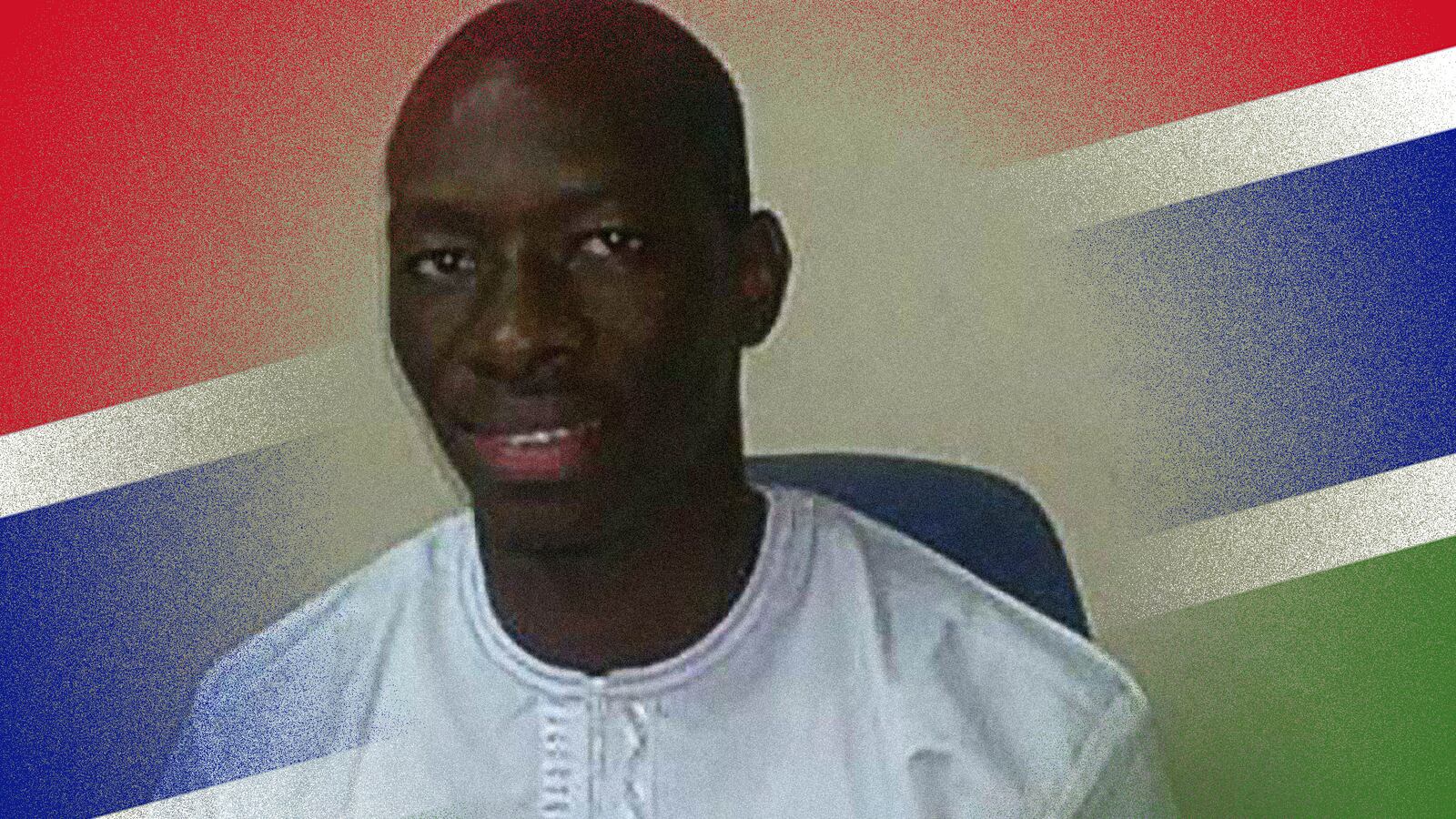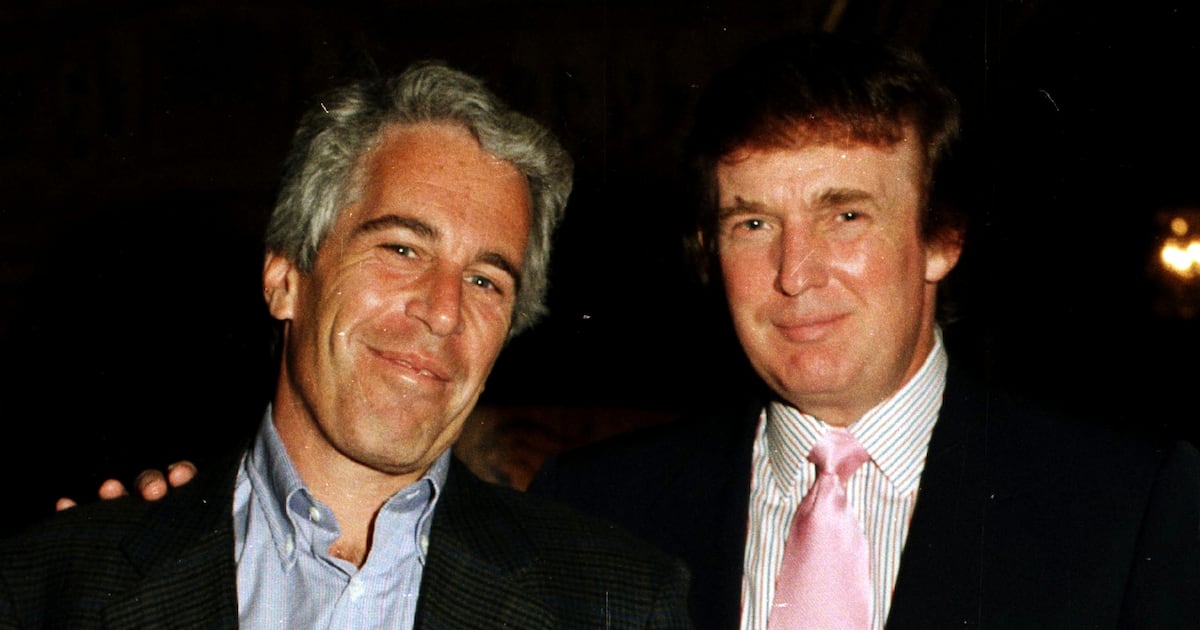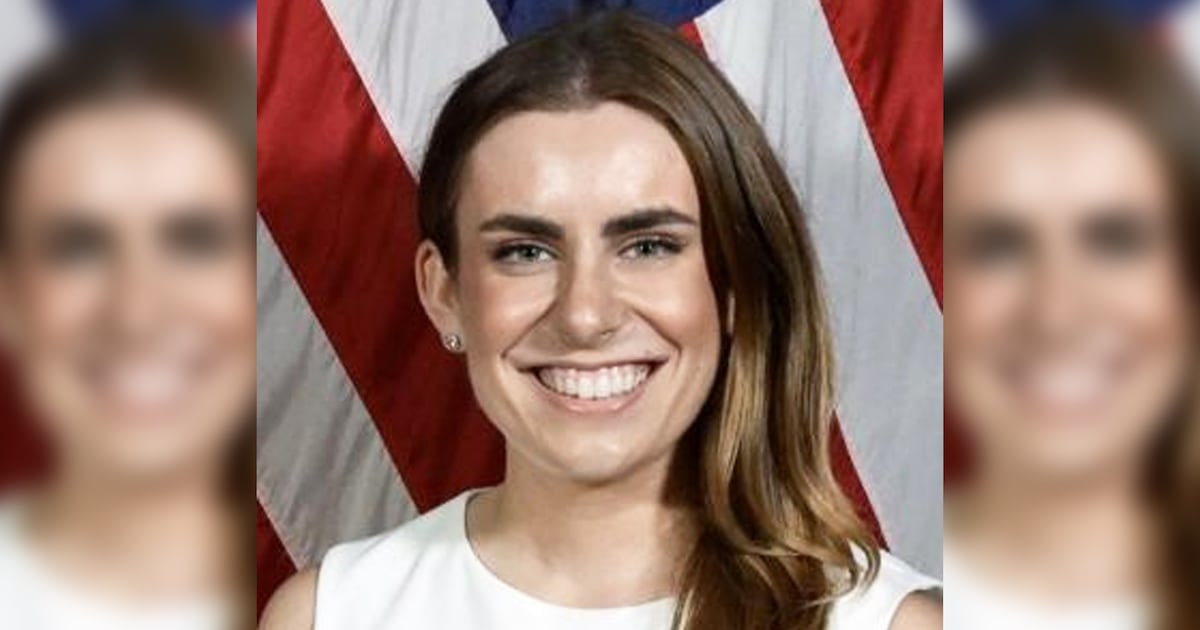WARRI, Nigeria—First, Alagie Abdoulie Ceesay was bundled into a car by two men thought to be officers from the West African nation's feared National Intelligence Agency (NIA), and then moved between various locations while blindfolded. At the time no one knew exactly what crime he was supposed to have committed.
The incident on July 2, 2015 was condemned by a number of human rights groups who argued that the prolonged detention of Ceesay was an infringement of his constitutional right not to be detained beyond 72 hours. The journalist went missing for 11 days, and when he resurfaced on July 13, they were reports that he had bandages plastered on his forehead and neck.
He had been tortured while in detention. A person who saw him after his release from the NIA told Human Rights Watch that Ceesay was “beaten until he fell unconscious and was forced to drink cooking oil like water on several occasions.”
“We saw him, his face full of bruises and his back covered in marks and wounds. He could not walk properly because of the beatings,” the witness said.
But that wasn’t the end of Ceesay’s ordeal. Four days later, on July 17, Ceesay—who is the managing director of the independent radio station Taranga FM—was rearrested and detained at the NIA headquarters. His crime, according to the NIA, was that he privately shared by phone a picture in which a gun was pointed toward a photograph of President Yahya Jammeh.
Ceesay is well known in Gambia. His station, Taranga FM, which translates news from international media and local newspapers into local languages, has been shut down three times in under five years by authorities and its staff have been interrogated several times at the NIA in relation to their work.
Taranga FM was ordered off the air by Gambian authorities from January 1 to 4, 2015. Ceesay was arrested and questioned.
The government gave no explanation for the clampdown, but it followed a failed coup attempt the previous month against President Jammeh, who has held onto power since a coup in 1994 and often targeted journalists and media organizations critical of his leadership. When Taranga FM was allowed back on air, it was ordered to play only music.
Ceesay has faced difficult times since his most recent arrest. He was taken before the High Court on August 25 and charged with six counts of sedition and publication of false news with intent to cause fear and alarm among the public.
The journalist was also facing the same charge at the lower Banjul Magistrates’ Court, but the court last October withdrew the charges against him, saying that he should not face the same charges in two separate courts, leaving him to continue to face trial on the same charges in the higher court.
The NIA denied him visits from his family until the day of his arraignment in August, and then he was denied bail in a hearing on September 17, 2015. Last month, Ceesay was denied bail by the court for the fourth time.
He is currently held at the notorious Mile 2 prison located on the outskirts of the capital, Banjul. Its mosquito-plagued cells are a common destination for critics of Jammeh’s brutal policies.
At first, family members were allowed visits to Ceesay at Mile 2, until a hearing last November, when prison authorities—without giving any reason—told them they would not be allowed to visit again.
Gambian authorities have a reputation for stifling the media. Dozens of journalists have fled Gambia in the last two decades and a number of reporters have been targeted.
In June 2014, the Economic Community of West African States (ECOWAS) Court of Justice ruled that the Gambian government had failed to conduct a meaningful investigation into the murder 10 years earlier of respected journalist, Deyda Hydara.
Hydara—who was the editor of the daily newapaperThe Point, and president of the Gambia Press Union—was killed by unidentified gunmen on his way home from work on December 16, 2004. He was an outspoken government critic and had received multiple death threats in the months leading up to his death.
Suspicion of this murder fell on Jammeh's government, prompting a huge public outcry, but allegations against his officials weren’t seriously pursued and the murder remains unsolved.
The Nigeria-based ECOWAS court also noted that the Gambian government had fostered a climate of impunity in the cases of two other journalists apparently abused by state security: "Chief" Ebrima Manneh and Musa Saidykhan.
Manneh, a journalist for Daily Observer, a pro-government newspaper, was arrested for unclear reasons in July 2006 by men believed to be state security agents. Ten years on, Gambian authorities have deliberately not disclosed his whereabouts or legal status.
Saidykhan, who worked as editor-in-chief of the now-banned The Independent, a private bi-weekly newspaper, was detained without charge by NIA agents for 22 days in 2006.
He said he was tortured during his detention and filed a lawsuit in the ECOWAS court demanding compensation for illegal detention and torture. The court ruled in his favor, but the order to pay $200,000 as compensation to him is yet to be implemented by the Gambian government. He currently lives in exile.
Ceesay, languishing in Mile 2, has yet to get any legal reprieve and his health has been deteriorating since the beginning of 2016. On January 13, he was admitted in hospital after complaining for weeks about stomach pains and difficulties in sleeping. He was then diagnosed with an enlarged liver and pain medication was prescribed for him. On February 29, he was readmitted to the same hospital for an asthma attack and returned to prison the next day.
The journalist’s deteriorating health may be connected to poor diet at Mile 2. A Gambian journalist who has visited the facility tells The Daily Beast that inmates often are fed with cornmeal full of sand and water.
“You can even see the sand in the food,” said the journalist, who did not want to be named for fear he would be put on the government’s hit list. “Unfortunately they can’t reject the food because there’s no other source of feeding. Even your family members can’t bring you food.”
International rights organizations, who have consistently protested Ceesay’s arrest, last week urged Gambia's government to free the ailing journalist and drop all charges against him.
“Alhagie Ceesay should not have been locked up in the first place,” said Corinne Dufka, West Africa director at Human Rights Watch (HRW). “The deterioration in his health only underscores the urgent need to release him.”
HRW has asked that Gambia amend “several draconian laws that give authorities sweeping powers to arrest and detain critics and violate international and regional standards on the right to freedom of expression.”
The organization said 78 out of the 171 recommendations at the UN’s Universal Periodic Review of human rights conditions were rejected by Gambia in April 2015. Removing restrictions on freedom of expression was one of the recommendations the West African nation rejected.
“The use of archaic sedition laws to harass and lock up critics is a serious violation of the right to freedom of expression,” said Stephen Cockburn, Amnesty International’s deputy regional director for West and Central Africa. “Alagie Ceesay’s case is a further example of Gambia’s blatant disregard for freedom of the press, and he should be released immediately and unconditionally.”






